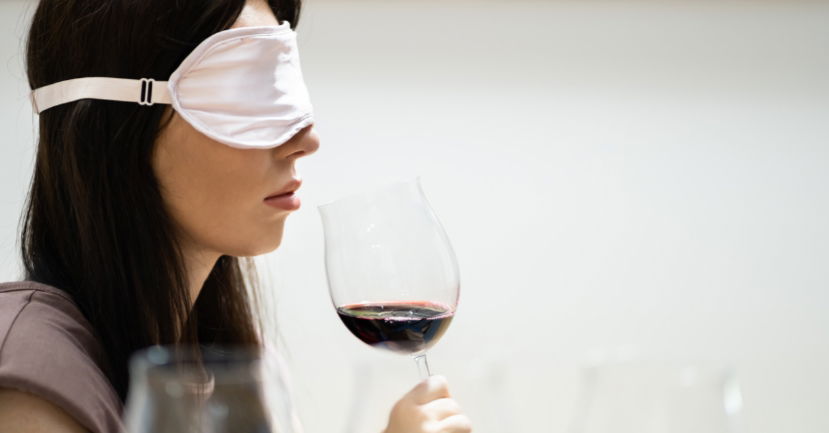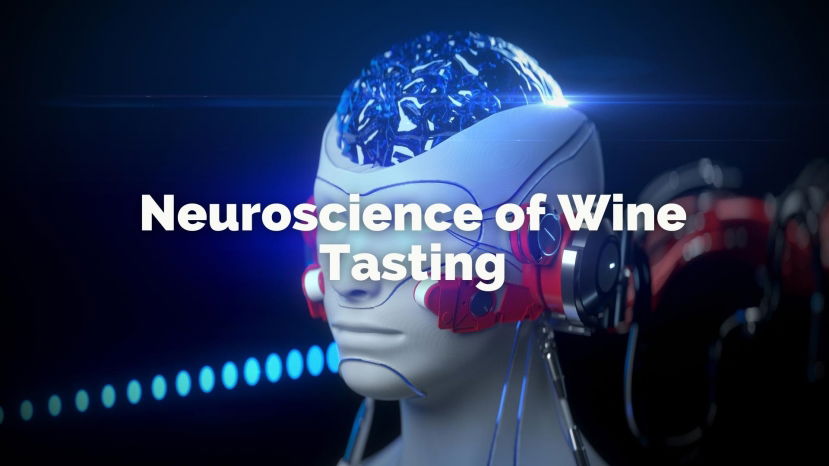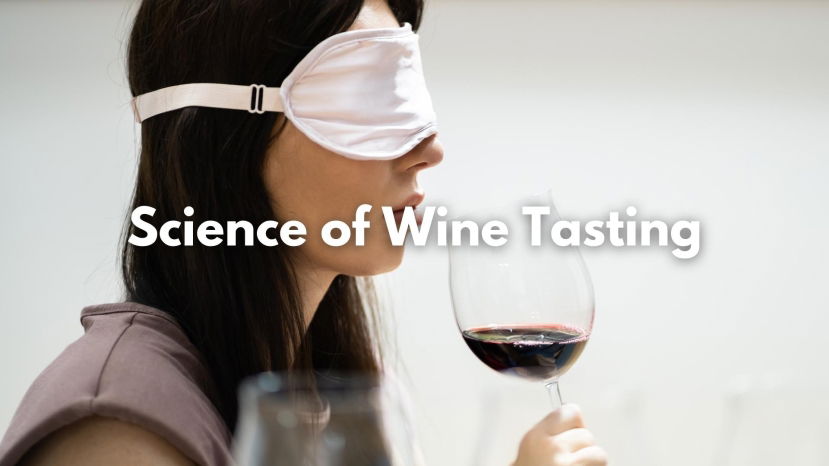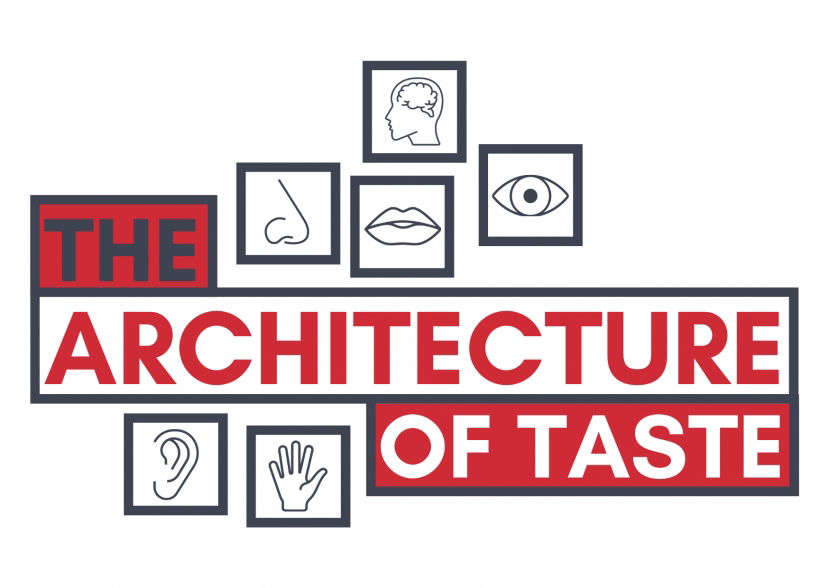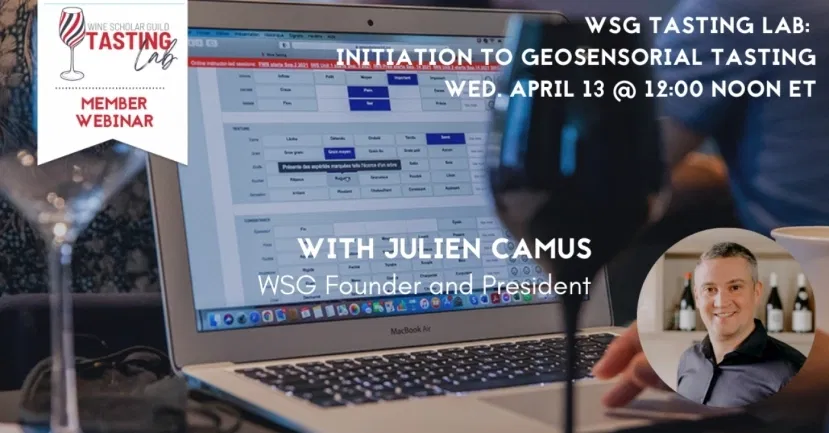BLOG
Neuroscience
This article is the first of an upcoming series by French neuroscientist Gabriel Lepousez. Gabriel is part of the Scientific Committee formed by WSG in the context of its "Architecture of Taste Research Project". He has also presented a fascinating segment on "The Neuroscience of Wine Tasting" as part of The Science of Wine Tasting Webinar Series which will resume with new episodes in the Spring of 2022.
The wine tasting paradox
There is a real paradox in the experience of tasting a product like wine. Tasting is such a familiar, instinctive, and seemingly obvious act; something that we take for granted. At the same time, wine is a one of the most complex sensory objects that we put into our mouths.
Indeed, wine is one of the rare sensory objects of our daily life which solicits all at the same time:
Sommeliers’ brains seem to fascinate scientists. Every few years, a new study pops up where somms are subjected to MRI scans whilst they blind taste and pontificate.
The Science of Wine Tasting Course
This multi-part series is designed for food and wine professionals, wine judges, wine educators, wine and food journalists, wine students and anyone who relies on their senses to assess, evaluate, critique and/or write about wine and food.
There are four parts to this series, each with three sessions.
Part One: Neuroscience of Wine Tasting with Gabriel Lepousez
Summary:
Your brain —and all its sensory extensions in our eyes, nose and mouth— is your essential “tool” to perceive, remember and judge all the sensory components of wine. But do you really know how your wine-tasting “tool” works? Current advances in neuroscience are profoundly modifying our knowledge of the sensory and cognitive mechanisms of wine tasting and invite us to revisit the art of tasting.
Bridging the gap between oenology, psychology and neurophysiology,
Summary:
Wine tasting is an unique perceptual experience which endeavors to unify the numerous molecules present in the wine (and the elements around the wine) into a meaningful representation in our mind. Wine tasting often focuses on the object of the experience, that is
The Wine Scholar Guild (WSG) has initiated an ambitious undertaking aimed at developing a new way to assess wine: the Architecture of Taste Research Project (ATRP)
The Architecture of Taste Research Project aspires to find a way to empower the individual to taste and describe wine with an enriched and universal lexicon that not only dives deeper into assessing the qualities of a wine’s building blocks but also into the nature of a wine’s personality and, where relevant, its corresponding terroir signature.
Just as significantly, the research project aims to develop a new set of assessment criteria that uses the body’s own reflexive reactions as a tuning fork to capture a wine’s inherent signal—a message that incorporates not only sensory perceptions but also perceived energy, the emotions it triggers and evocative elements that, once again, might link a wine to “place.”
On April 13, WSG members, alumni and school network had the chance to discover WSG Tasting Lab®. This revolutionary way of tasting wine uses two distinct tasting grids and a lexicon created by WSG and wine industry experts that focus on a wine’s mouthfeel, texture and shape and how these elements might relate to the wines’ terroir signature.
The following two wines were tasted during this exciting webinar:
Domaine Marcel Deiss Grasberg 2016
Domaine Marcel
